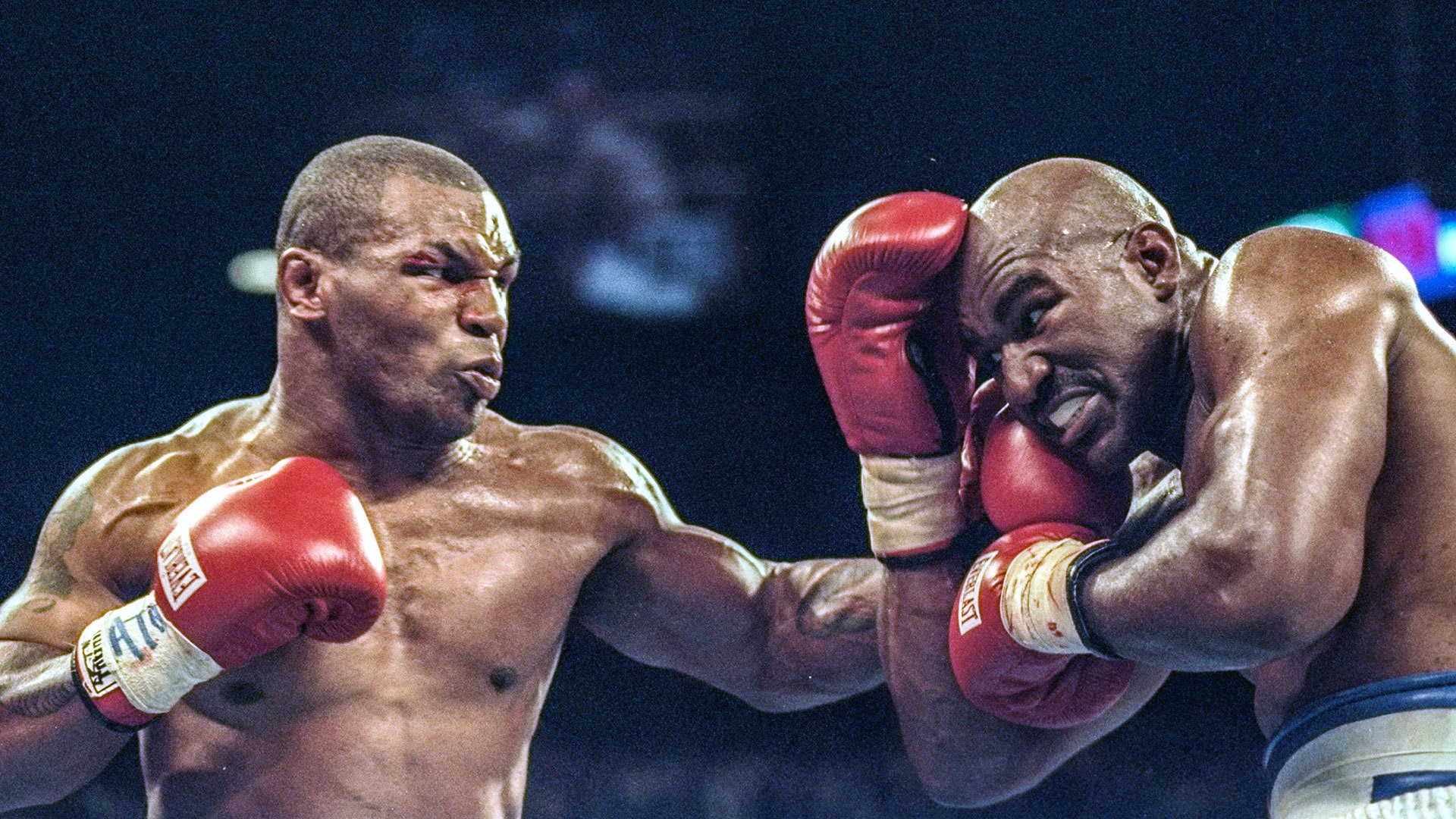Mike Tyson: The Iron Mike Who Ruled Boxing in the 80s: A Critical Examination of Complexities
Introduction
Mike Tyson, the formidable boxer who reigned supreme in the boxing ring during the 1980s, has been a subject of immense fascination and controversy. His unparalleled talent, impressive physique, and ferocious fighting style captivated audiences, earning him the moniker "Iron Mike." However, his personal life, marked by violence, substance abuse, and legal troubles, has cast a shadow over his legacy. This essay critically examines the complexities of Mike Tyson's character, exploring the factors that contributed to his successes and failures, both inside and outside the ring.
Early Life and Rise to Stardom
Born in Brooklyn, New York, in 1966, Tyson had a tumultuous upbringing, marred by poverty, violence, and instability. At a young age, he was introduced to boxing by a juvenile detention center mentor, Cus D'Amato, who became his trainer and father figure. Under D'Amato's guidance, Tyson honed his natural talent, developing a formidable combination of power, speed, and aggression.
Tyson's professional boxing debut in 1985 marked the beginning of a meteoric rise to the top. With a string of impressive knockout victories, he quickly made a name for himself. In 1986, at the age of 20, he became the youngest heavyweight champion in history, defeating Trevor Berbick in the second round. Tyson's reign as heavyweight champion was marked by dominance and brutality, as he defended his title successfully six times.
Personal Struggles and Controversies
Despite his boxing prowess, Tyson's personal life was plagued by numerous controversies. His violent and hot-tempered nature often spilled over into his dealings outside the ring. In 1991, he was sentenced to six years in prison for the rape of Desiree Washington. While in prison, Tyson converted to Islam and took the name Malik Abdul Aziz.
Upon his release in 1995, Tyson attempted to rebuild his boxing career. However, his personal struggles continued. In 1997, he was disqualified from a fight against Evander Holyfield after biting Holyfield's ears. This incident further tarnished his reputation and marked a turning point in his career.
The Fallout: Substance Abuse, Mental Health, and Bankruptcy
Tyson's personal struggles extended beyond violence to include substance abuse and mental health issues. He openly admitted to using cocaine, marijuana, and other drugs, which contributed to erratic behavior and impaired judgment. Tyson's mental health was also a concern, as he exhibited signs of depression and post-traumatic stress disorder (PTSD) stemming from his troubled childhood.
The combination of personal and legal issues took a toll on Tyson's career and finances. He filed for bankruptcy in 2003, owing millions of dollars in debt. His lavish spending and poor financial management contributed to his financial ruin.
Later Career and Legacy
Despite his struggles, Tyson continued to fight sporadically in the late 1990s and early 2000s. He never regained his former dominance, and his later fights were often lackluster and uninspired. In 2005, he announced his retirement from boxing.
Tyson's legacy is a complex and controversial one. He is undoubtedly one of the greatest boxers of all time, known for his destructive power and intimidating presence. However, his personal struggles, including violence, substance abuse, and mental health issues, have overshadowed his achievements in the ring.
Perspectives on Mike Tyson's Complexities
There are varying perspectives on Mike Tyson's complexities. Some view him as a victim of his circumstances, a product of a dysfunctional upbringing and a society that glorifies violence. Others criticize his actions, arguing that he was responsible for his own choices and should be held accountable for his behavior.
Scholars have extensively studied Tyson's case, exploring the psychological and sociological factors that contributed to his successes and failures. They have examined the impact of poverty, childhood trauma, and the culture of violence in which he was raised. Some scholars have suggested that Tyson's aggression and violence may have been a manifestation of PTSD.
Implications for Society
Mike Tyson's story raises important questions about the nature of violence, the role of personal responsibility, and the challenges faced by individuals from disadvantaged backgrounds. His case highlights the need for systemic change and support systems to address the root causes of violence and provide opportunities for rehabilitation.
Tyson's story also serves as a cautionary tale about the dangers of fame and fortune. It underscores the importance of maintaining a strong moral compass and seeking help when struggling with personal issues.
Conclusion
Mike Tyson's life and career have been a rollercoaster of triumphs and setbacks, successes and failures. His unparalleled boxing talent and intimidating presence made him an icon, but his personal struggles, including violence, substance abuse, and legal troubles, have left an enduring mark on his legacy. The complexities of his character challenge us to confront our own biases and to consider the multifaceted factors that shape human behavior.
Tyson's story serves as a reminder of the importance of education, mentorship, and support for at-risk youth. It also highlights the need for a more compassionate and understanding approach to addressing mental health and substance abuse issues. By examining the complexities of Mike Tyson, we gain a better understanding not only of the man himself but also of the broader social and cultural forces that shape our lives.
Miss World: A Full List Of All The Winners From 1951 To Today
Blake Lively Sues Justin Baldoni For Sexual Harassment, Smear Campaign
Freddie Mercury: The Iconic Voice Of Queen



